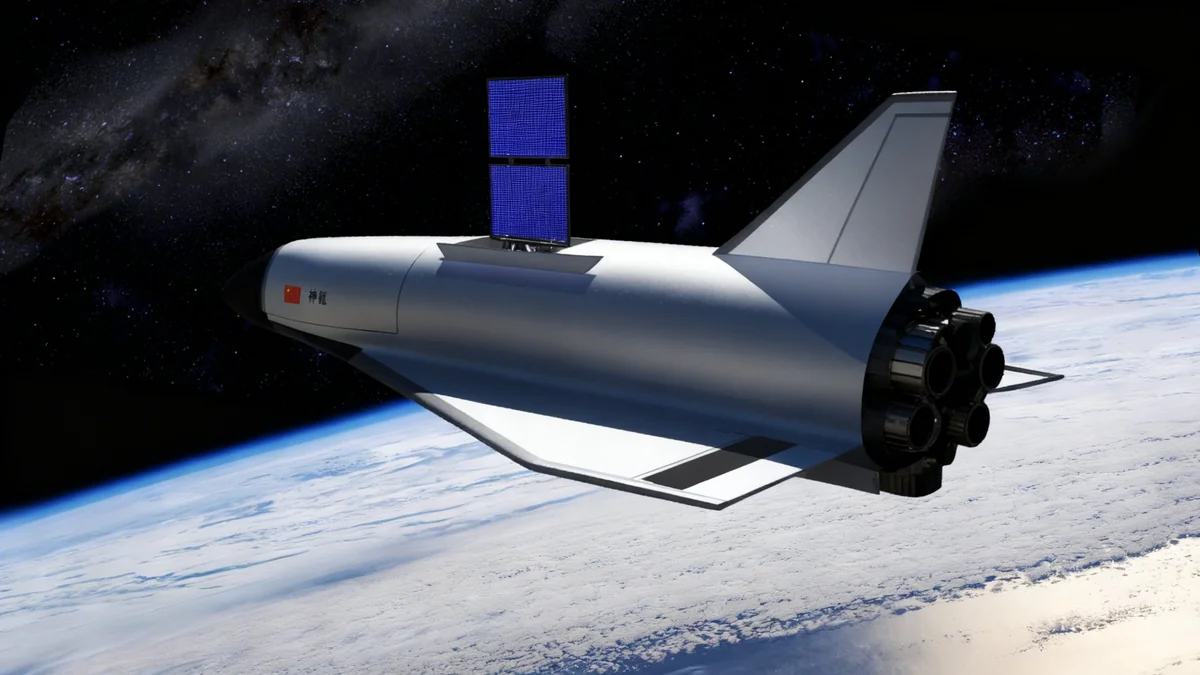Firefly Aerospace is expanding its national security footprint with the acquisition of data analytics firm SciTec for $855 million. The move comes as the company navigates technical challenges, including a recent rocket explosion, while maintaining a strong financial position and a growing backlog of contracts, notably with NASA.
Key Takeaways
- Firefly Aerospace will acquire SciTec for $855 million, a strategic move to enter the national security and defense sector.
- The company recently experienced a setback when its Alpha Flight 7 rocket's first stage exploded during testing.
- Despite challenges, Firefly holds a $1.3 billion backlog, bolstered by major contracts with NASA for lunar missions.
- Following its public offering, the company has a strong cash position, with over $1.1 billion available after the IPO.
Strategic Push into Defense Technology
Firefly Aerospace (NASDAQ:FLY) has announced a definitive agreement to acquire SciTec, a company specializing in advanced data processing and threat-tracking software for national security clients. The deal, valued at $855 million, is structured with $300 million in cash and $555 million in stock.
This acquisition marks a significant step in Firefly's strategy to diversify its operations beyond commercial launch services and into the lucrative defense market. SciTec's expertise in artificial intelligence and big data analytics is expected to open new opportunities for defense-related contracts.
SciTec reported $164 million in revenue over the last twelve months as of June 30th. The acquisition price represents a price-to-sales ratio of approximately 5.21, a figure considered fair for the advanced capabilities SciTec brings to Firefly's portfolio.
A Growing Role in National Security
Space is increasingly viewed as a critical domain for national security. Companies that can provide not only launch capabilities but also data processing, surveillance, and threat detection are becoming vital partners for government agencies. Firefly's acquisition of SciTec positions it to compete for contracts that require integrated space and data solutions.
Navigating Technical Hurdles
While the company makes strategic expansions, it continues to face technical hurdles in its launch division. On September 29th, the first stage of its Alpha Flight 7 rocket exploded during a test at its Texas facility. This incident followed a separate failure in April, highlighting the persistent challenges in developing reliable launch vehicles.
These setbacks have impacted investor confidence, with the company's stock price falling to near all-time lows following the latest incident. However, the company's leadership views these events as part of the development process inherent in the aerospace industry.
Despite the issues with the Alpha rocket, Firefly maintains a launch backlog of more than 30 missions for the vehicle, indicating continued customer demand. The company is also expanding its launch infrastructure, with additional sites planned to become operational in 2026 and 2027.
Strong Financials and NASA Partnership
Firefly's ability to weather these technical challenges is supported by a robust financial foundation. After its initial public offering in August, the company raised approximately $933.1 million in net proceeds. Combined with existing cash, this gives Firefly a substantial capital reserve to fund innovation and operations.
Financial Snapshot
- Q2 2025 Revenue: $15.549 million
- Total Contract Backlog: $1.3 billion
- Cash Burn (H1 2025): $96.4 million in negative free cash flow
- Cash Post-IPO: Over $1.1 billion
A cornerstone of Firefly's business is its partnership with NASA. The company was recently awarded the Blue Ghost Mission 4 contract, valued at $176.7 million, for a lunar payload delivery service. This adds to its existing work on other Blue Ghost missions, which are critical components of NASA's lunar exploration plans.
The relationship with the space agency provides a stable revenue stream and a significant vote of confidence in Firefly's technology. In a recent development, NASA agreed to pay an additional $10 million for lunar data from the completed Blue Ghost Mission 1, underscoring the value of the services Firefly provides.
Future Outlook and Market Position
Firefly Aerospace is positioning itself as a multifaceted player in the modern space race. By combining its launch services with advanced defense technology through the SciTec acquisition, the company is building a diversified business model.
The company's significant contract backlog of $1.3 billion demonstrates strong market demand for its services. While the stock valuation remains high with a forward price-to-sales ratio of over 28, the recent decline in share price may present an opportunity for investors with a high tolerance for risk.
The path forward for Firefly involves balancing the immediate challenges of perfecting its Alpha rocket with the long-term strategic goals of integrating SciTec and securing further high-value government and commercial contracts. The company's deep ties to NASA and its new defense capabilities suggest it is well-positioned to grow alongside the United States' expanding ambitions in space.





